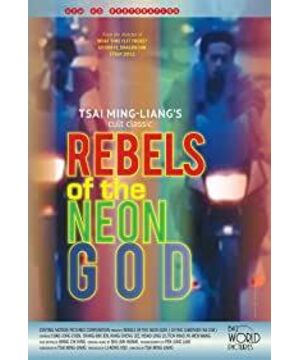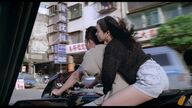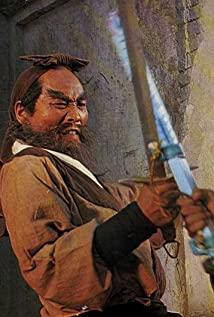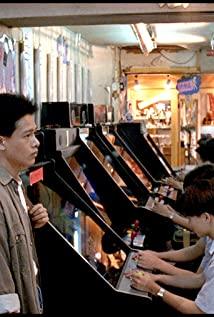There are only two places where "Nezha" appears in the film. One is a whisper from his mother, saying that Xiaokang has been entangled with his father for many years because he was the reincarnation of Nezha. This conversation was overheard by Xiaokang, who was going to the toilet. He thought that his parents had changed his opinion. As soon as he got out of the toilet, he pretended to be possessed by a fairy and danced around until his father threw a bowl at him and scolded him, "Beast." ', just quiet down. The episode of Xiaokang pretending to be crazy can be said to be the richest scene in the whole film. From his excitement when he was informed to the momentary fear after being splashed with cold water by his father and then to silence, it can be said that he embodies the whole process of an extremely short-lived id, from birth to death. Nezha is the embodiment of heroism. His reincarnation of the lotus should have symbolized a long road of self-awakening full of hardships. In Li Kangsheng's case, he was passionate and fragmented. Self-awareness with low degree of completion = self-intoxication, which leads to a sense of loss that follows one after another intoxication. Well-off pretending to be crazy is not entirely out of so-called rebellion. Rebellion often reflects the individual's demands for external recognition. Xiaokang himself is completely unqualified and conscious of awakening, which can be seen from the goals set for himself. At this moment, he needs the approval of his parents more than his awakening. Without approval, there is nothing; he can't even have the most basic self, so how can he update it in situ? "Nezha's reincarnation" just provides a possibility of being identified, although this vulnerable "sense of identification" is obtained through Xiaokang self-intoxication.
There are no lunatics on this planet, only autistic people. Xiaokang ultimately lacks insight into life, and the lack of this is suffocating. Even though he bears the name of Nezha's reincarnation on his head, he has already stood in line inside, classifying himself and countless young people in society who rely on the attention of others to survive. Carrying such psychological hints, no matter how big the world is, the only people who can cross thousands of miles and appear in Xiaokang's sight are "pseudo-Nezha" like A Zhe or A Bing.
The naming of Tsai Ming-liang's films will always define what the film tells and does not tell. Judging from the Taipei trilogy, "Long Live Love" focuses on "desire" but lacks "love". "Teenage Nezha" tells a downright anti-anti-heroism story. It never comes together. Give the narrative part to the film, and give the rest back to life in sarcastic language.
View more about Rebels of the Neon God reviews











